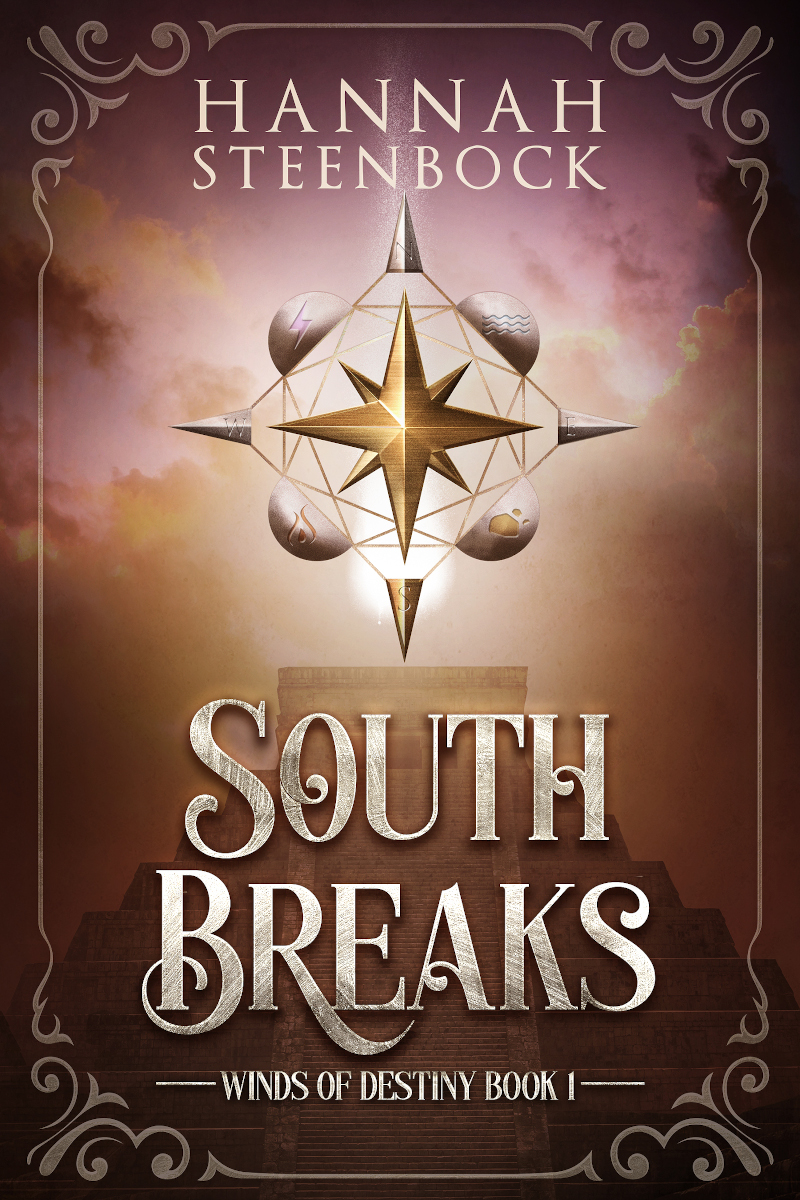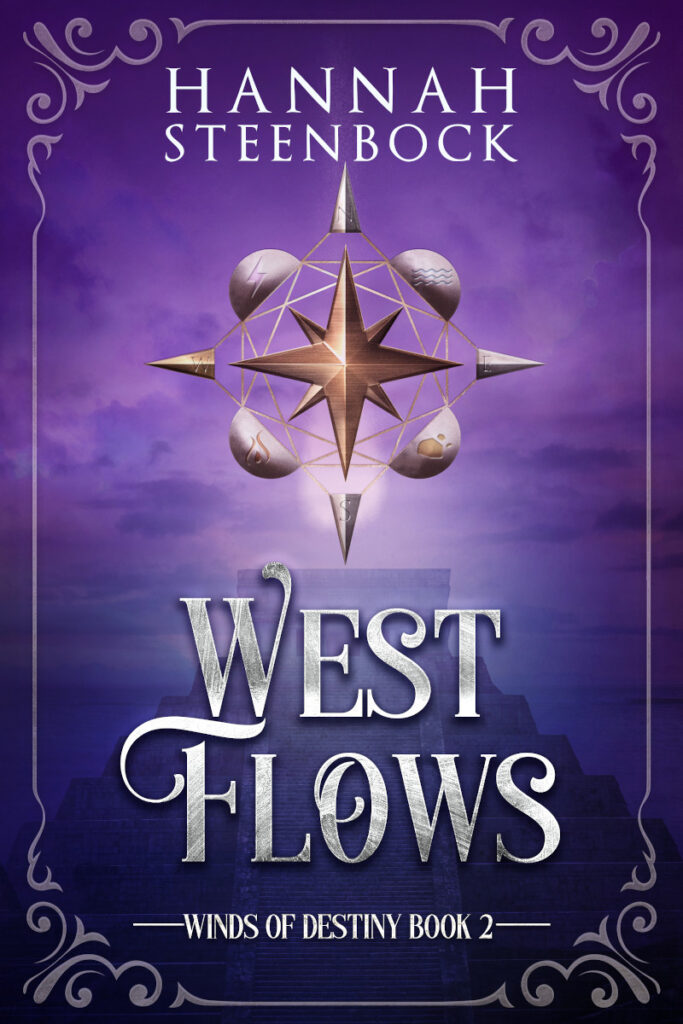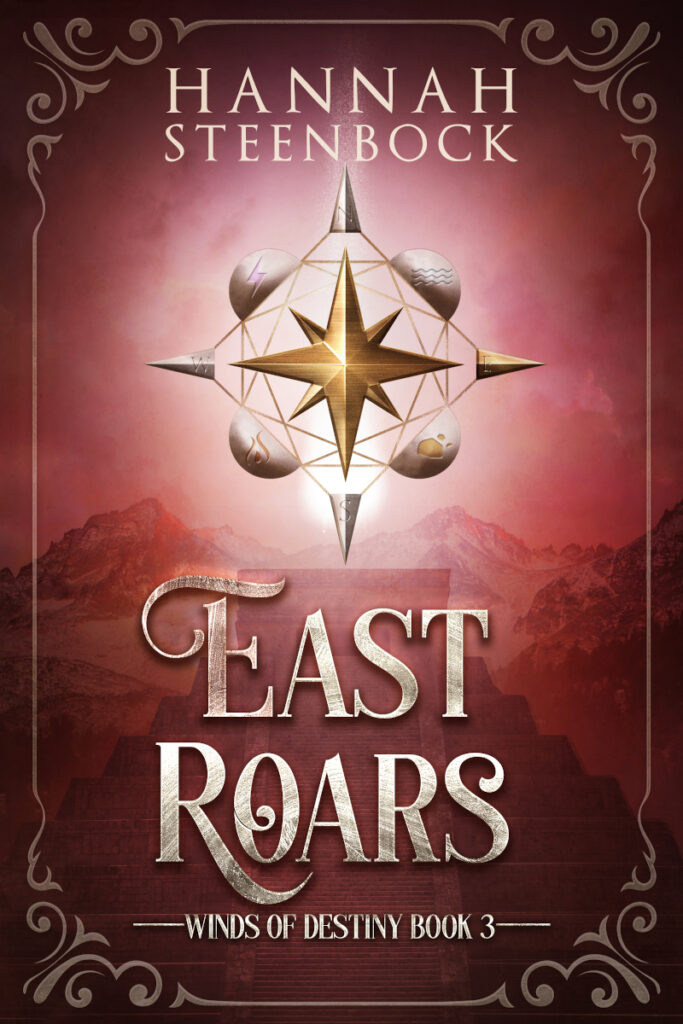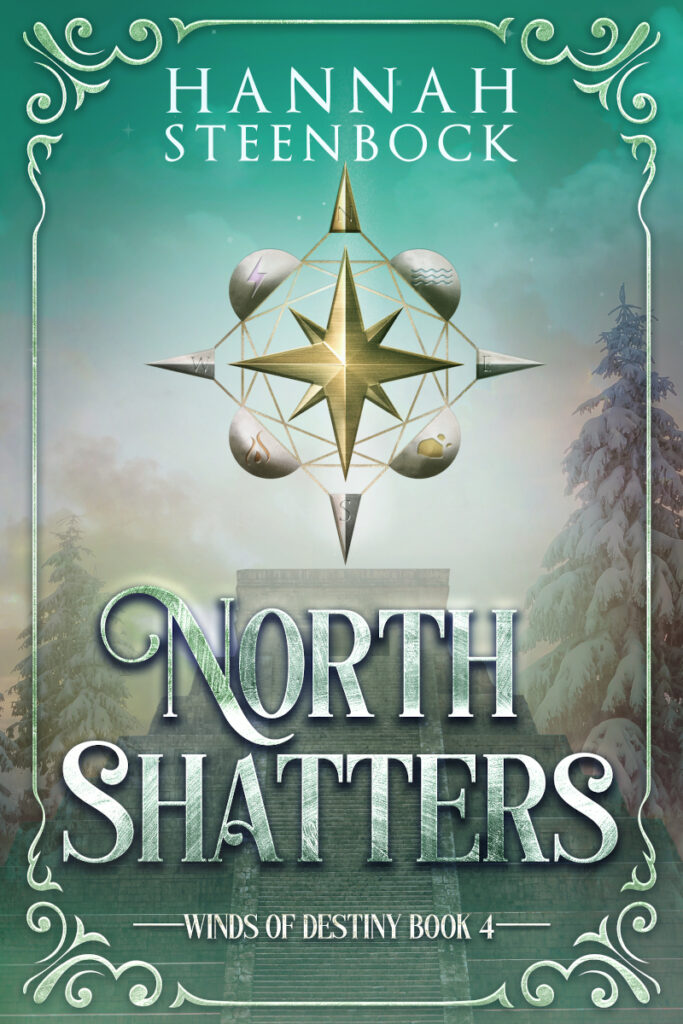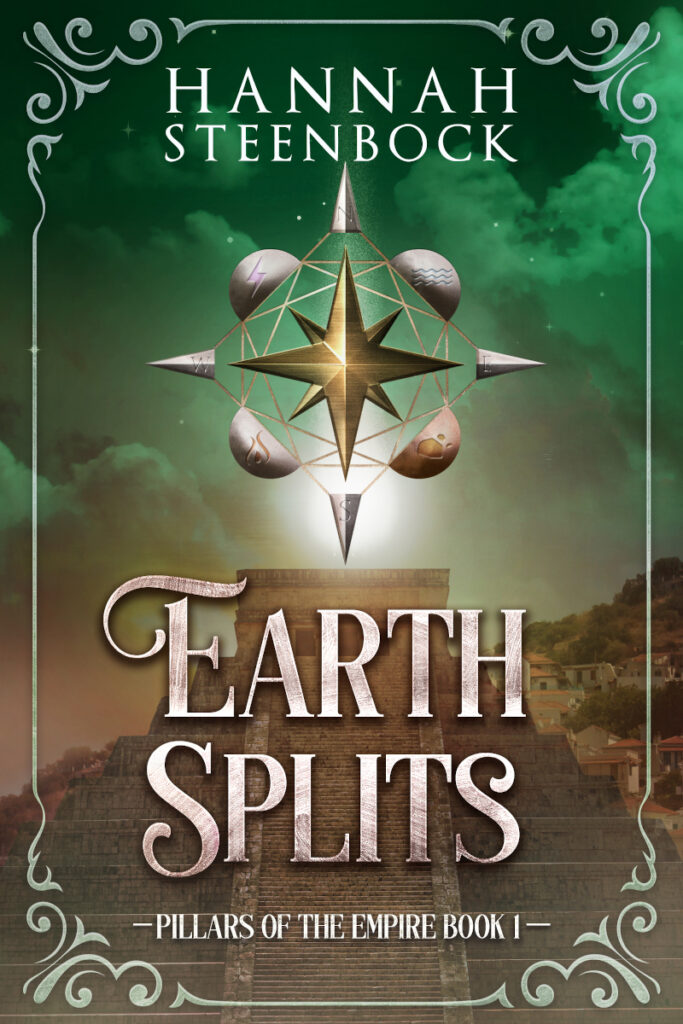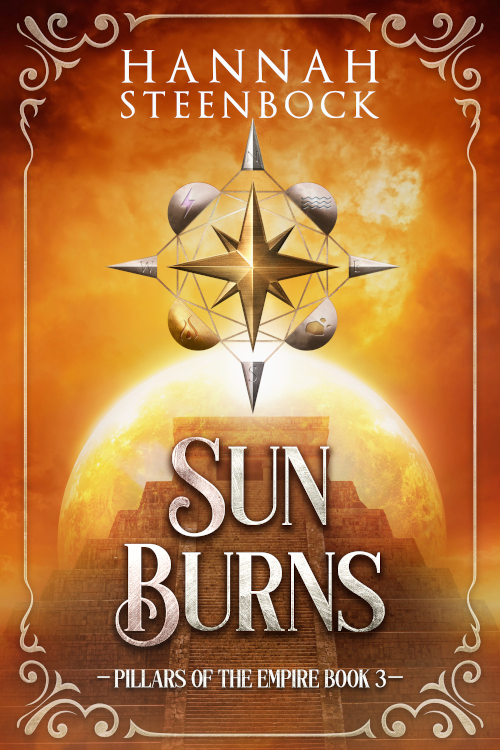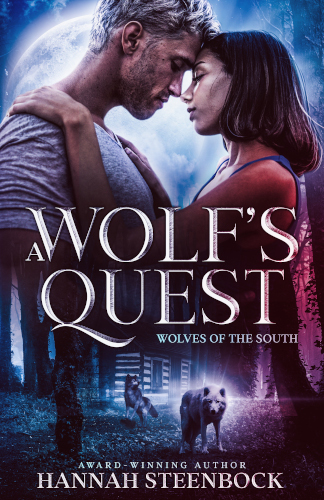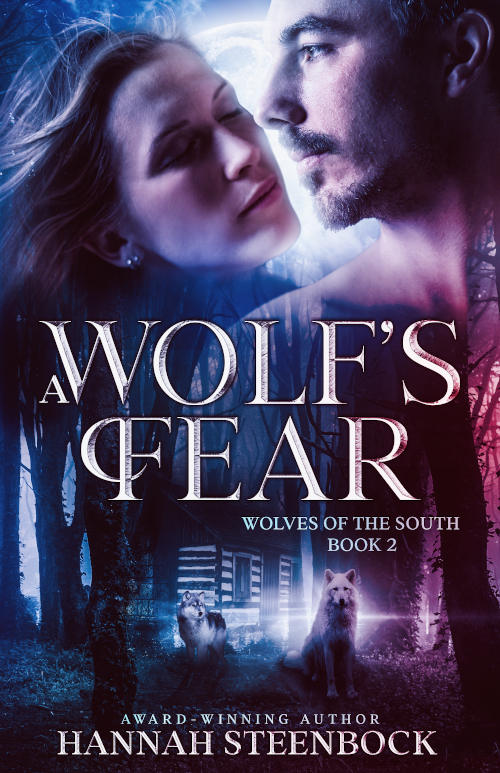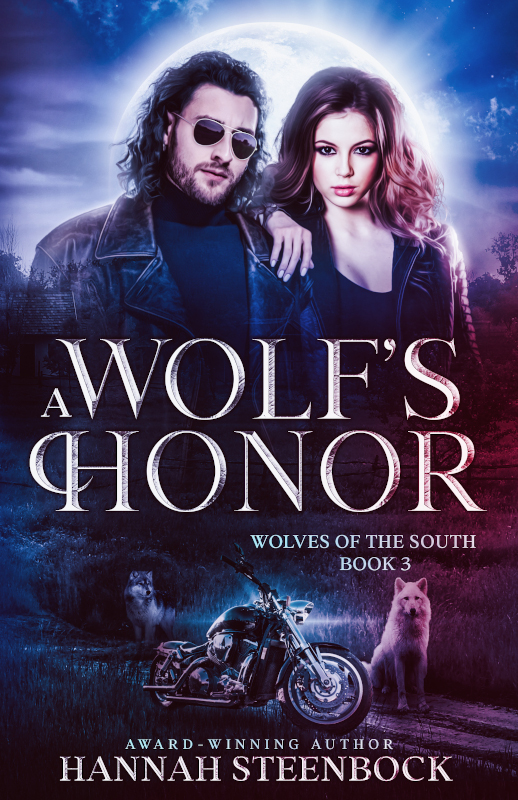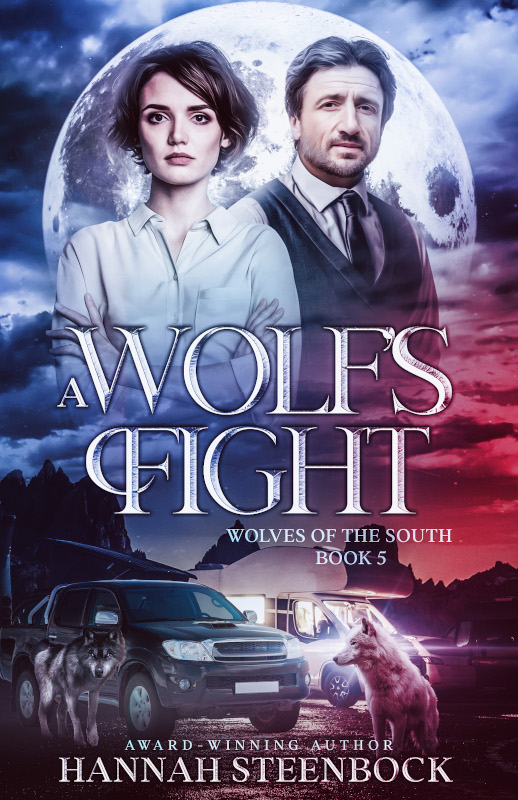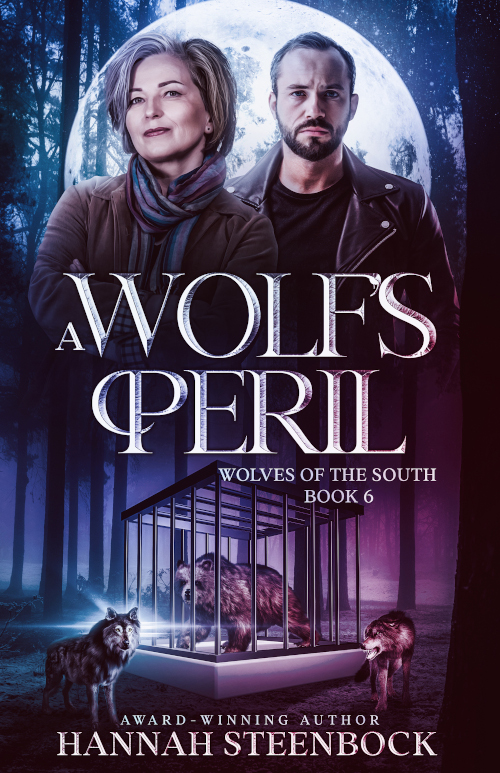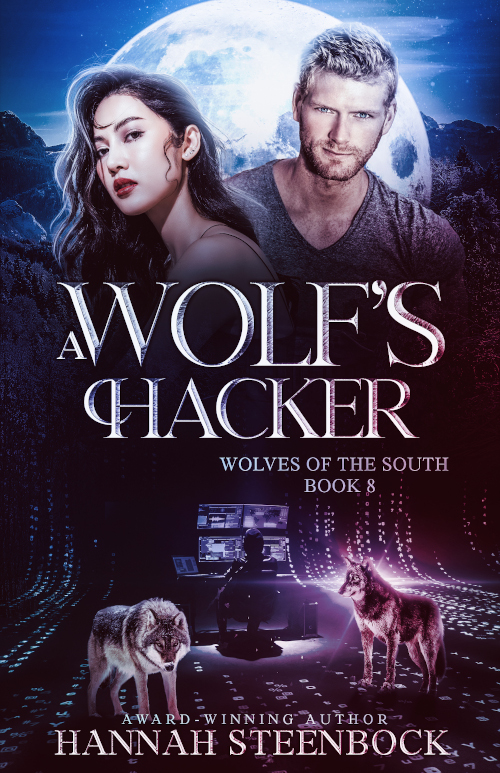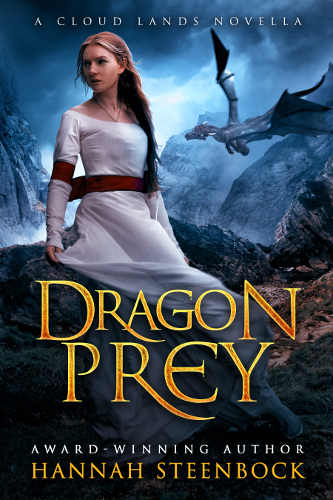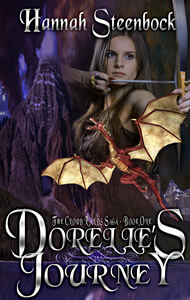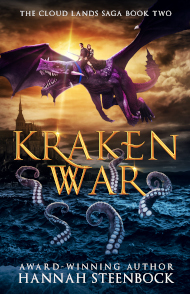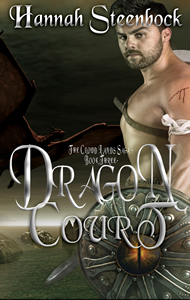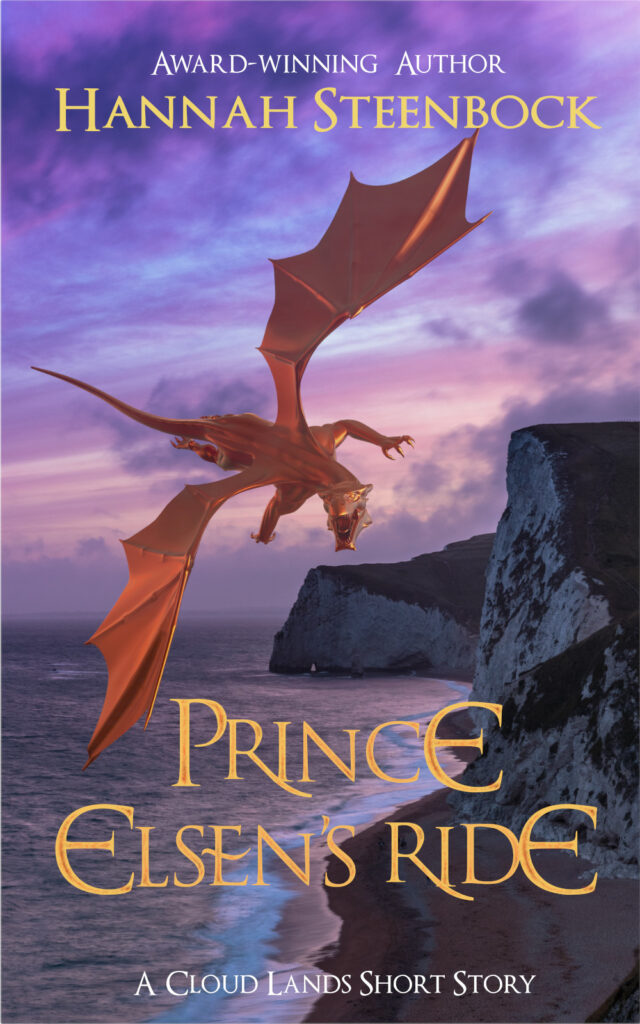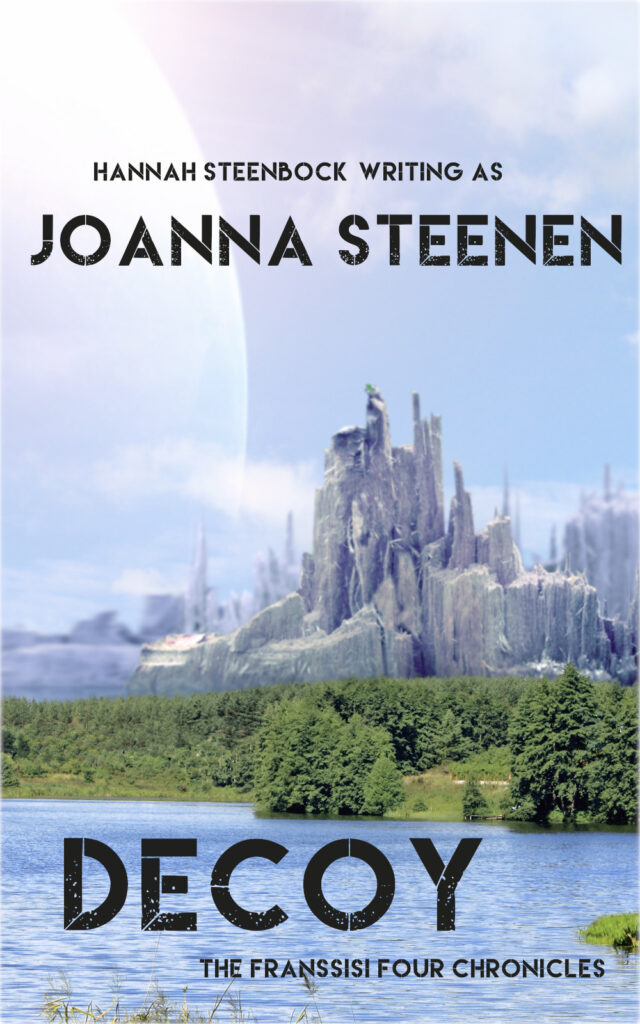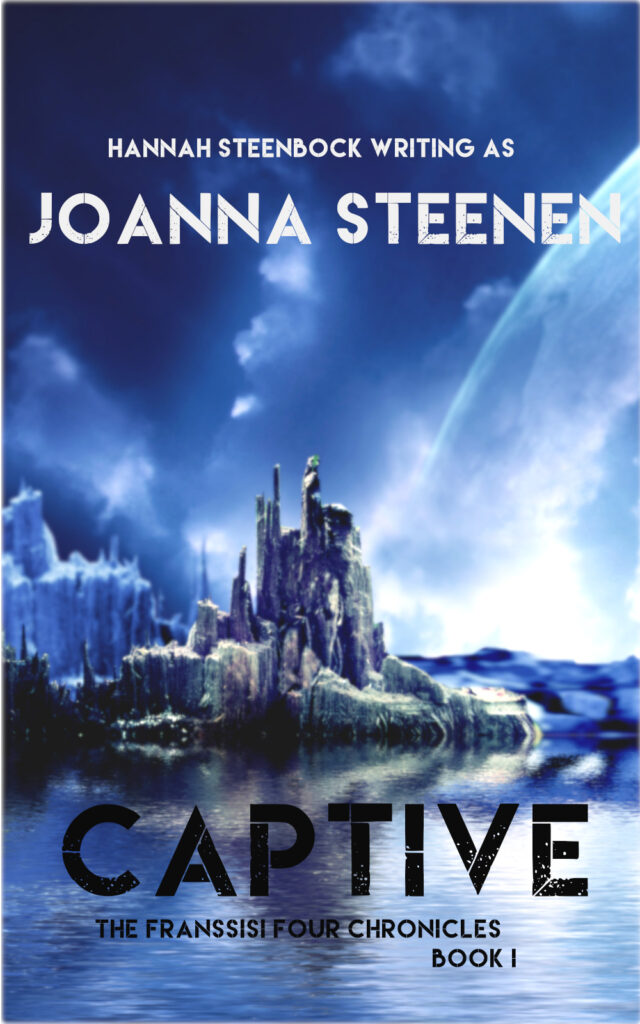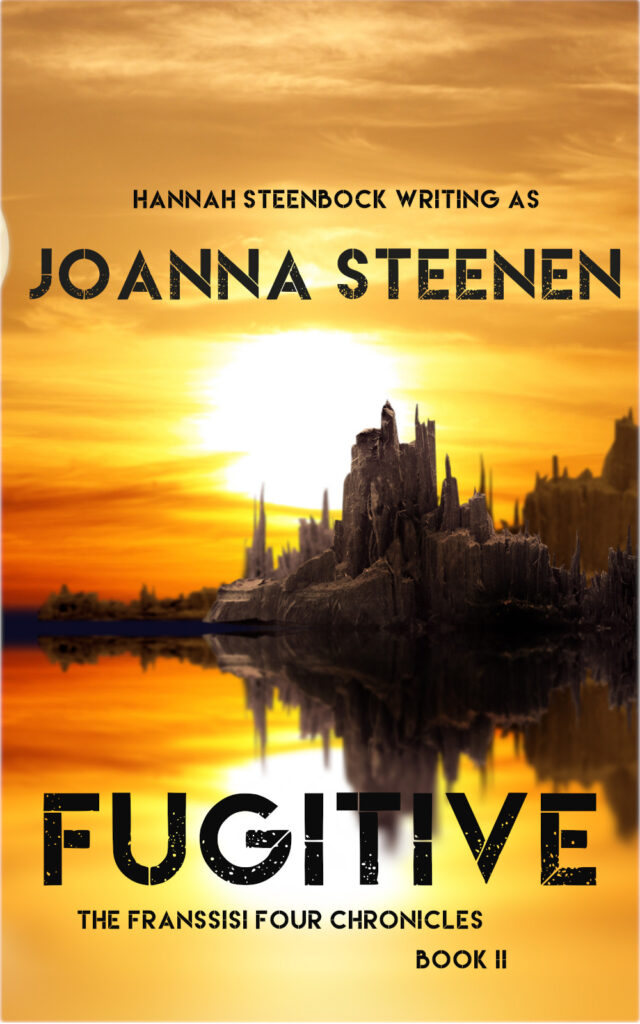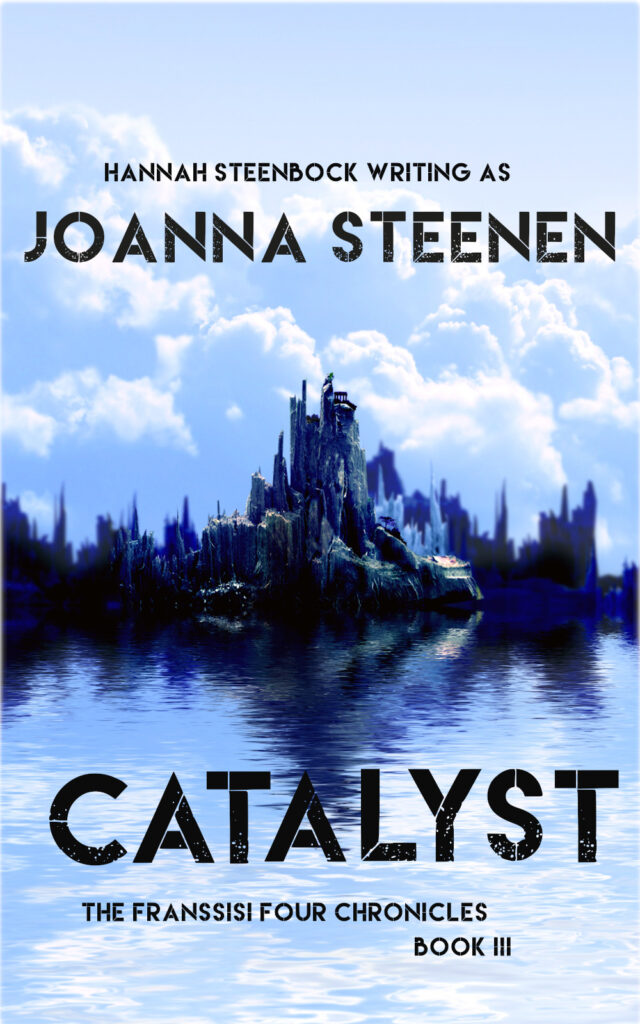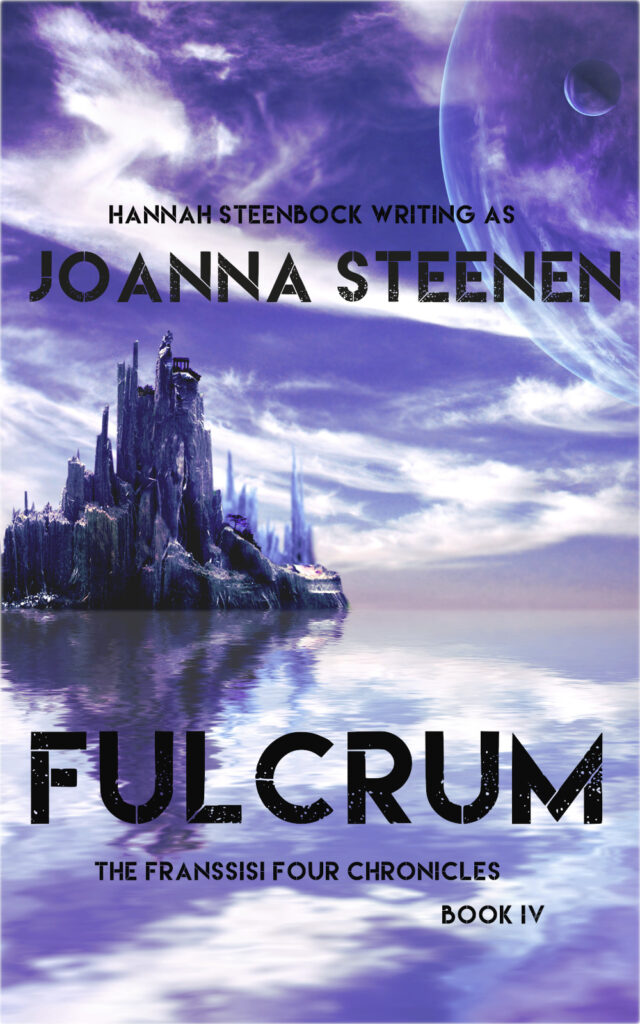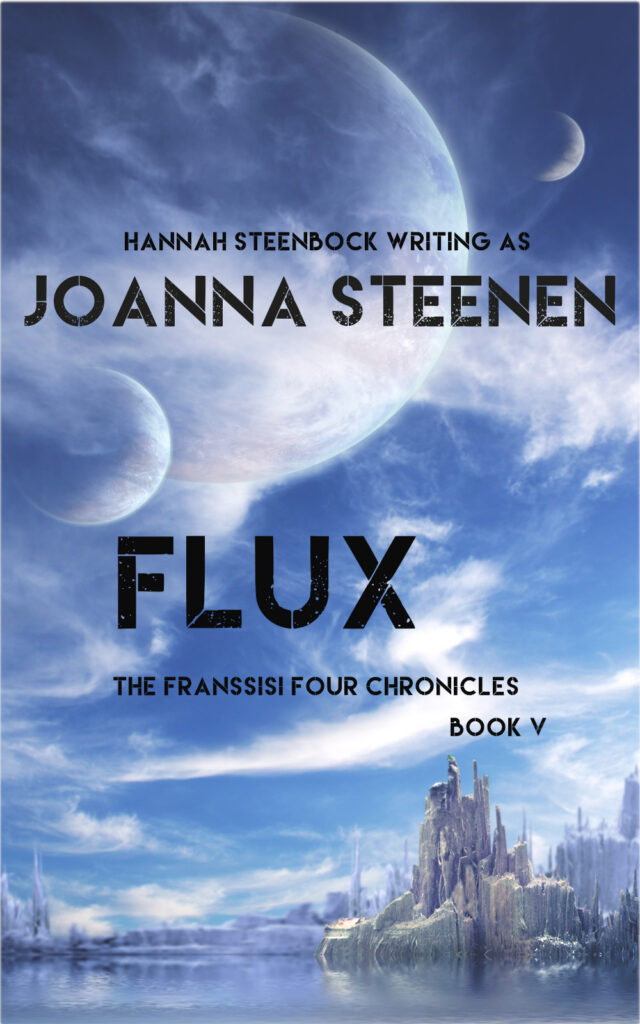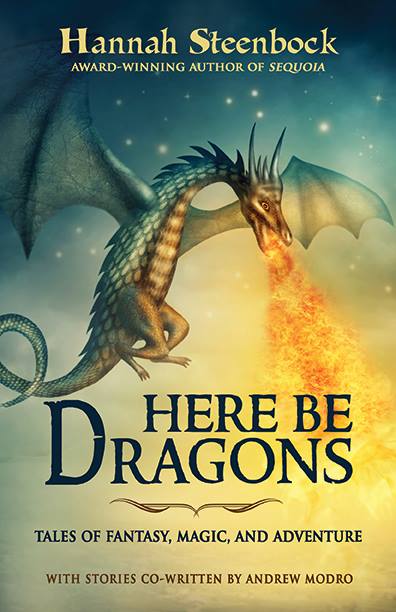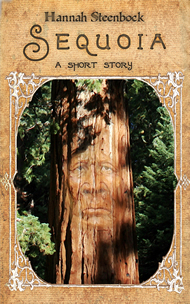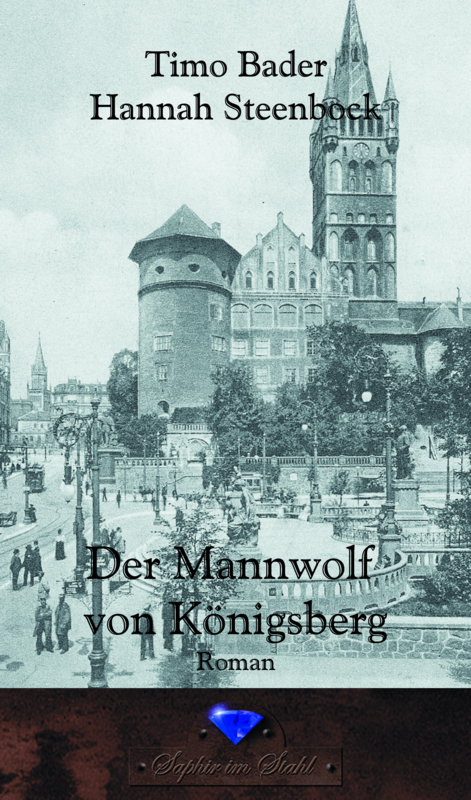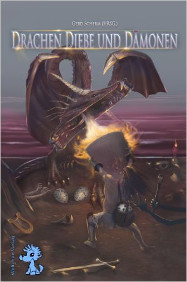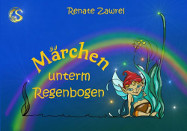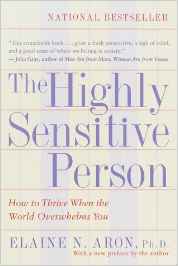
E.N. Aron, The Highly Sensitive Person
HSP stands for Highly Sensitive Person, a term coined by Elaine N. Aron in 1996 (that’s the cover of her book over there). And at the core, it simply means we have a highly sensitive nervous system, compared to “normal” people.
About 15-20% of a population are HSPs. That number may surprise you, because a lot of our society is about noise, constant distraction and exciting entertainment. And it doesn’t fit HSPs at all.
That sensitive nervous system actually gives HSPs an advantage in some things. According to Aron, HSPs are:
– better at spotting errors and avoiding errors
– highly conscientious– able to concentrate deeply
– especially good at tasks requiring vigilance, accuracy, speed and the detection of minor differences
– able to process material to deeper levels of what psychologists call “semantic memory”
– often thinking about our own thinking
– able to learn without being aware we have learned
– deeply affected by other people’s moods and emotions
And our bodies react differently, too. We’re :
– good at holding still
– more affected by stimulants like coffeine unless we’re very used to them
– more “right-brained” (less linear, more creative in a sythesizing way)
– more sensitive to things in the air (yes, that means more hay fever and rashes)
(“The Highly Sensitive Person”, pages 10/11)
And of course, there is a downside to all those goodies.
We get more “excitement” out of given situations that most people.
Too much excitement is unpleasant. It can gives us a headache, make us shake, get tired really quickly, and send us away from parties and crowds. It can totally sap away any energy we have, especially because we sense moods so easily.
Personally, I have to schedule how many difficult things I do in a day, and how many people I meet. I no longer watch TV, for example, because even the news were too much at times. And when I want to follow a show, I can’t ever binge watch. A single episode can leave me drenched in sweat. (Which means I usually don’t bother with shows, either.)
People often think we’re introverted because of that kind of behaviour. But that’s not necessarily true. It simply means we are careful about the amount of excitement we allow into our lives.
I think many, many writers are HSPs, btw. Because we notice so many things, we’re empathic, we think deeply, and we are creative. And usually, our books are about a little more than just entertainment. Think about it.
As Terry Pratchett said: “Writing is the most fun one can have by oneself.”
And just so you know… a day or two without any excitement can do wonders for us. So don’t be angry if we don’t come to your party. It’s not about you. It’s about protecting ourselves in a society that’s too loud, too intense and too exciting for our kind.


